
About doctor
Dr Shaivalini Kamarapu – Fibroids & Fertility Specialist
Gynecologist, Fertility Specialist, Robotics & Laparoscopy Surgeon
About Dr Shaivalini Kamarapu (IFibroids VF Specialist)
- Dr. Shaivalini Kamarapu is a highly experienced uterine fibroids and infertility specialist at AMVI Hospital, Hyderabad, with over 20 years of expertise in women’s reproductive health and advanced gynaecological care.
- She specialises in the diagnosis and comprehensive management of uterine fibroids, offering personalised, evidence-based treatment for women experiencing heavy menstrual bleeding, pelvic pain, pressure symptoms, recurrent pregnancy loss, and fibroid-related infertility.
- Her clinical expertise includes early detection of fibroids, advanced pelvic ultrasound evaluation, precise mapping of fibroid size and location, and detailed fertility assessment to understand the impact of fibroids on reproductive outcomes.
- Dr. Kamarapu is highly skilled in minimally invasive fibroid surgeries, including laparoscopic and hysteroscopic myomectomy, focusing on uterus- and fertility-preserving techniques whenever possible.
- She has extensive experience managing complex and recurrent fibroid cases, including large fibroids, multiple fibroids, fibroids affecting fertility or pregnancy outcomes, and patients with previous surgical or IVF failures.
- Known for her ethical and patient-centred approach, she provides transparent counselling, realistic expectations, and customised treatment plans that may include medical therapy, minimally invasive surgery, or assisted reproductive techniques such as IVF when indicated.
In addition to her role at AMVI Hospital, Dr. Shaivalini Kamarapu also serves as a Consultant at Rainbow Hospitals, Apollo Hospitals, and Ankura Hospitals, making her a trusted and sought-after specialist for uterine fibroid treatment in Hyderabad.


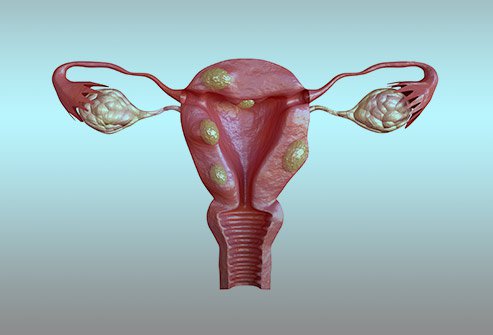
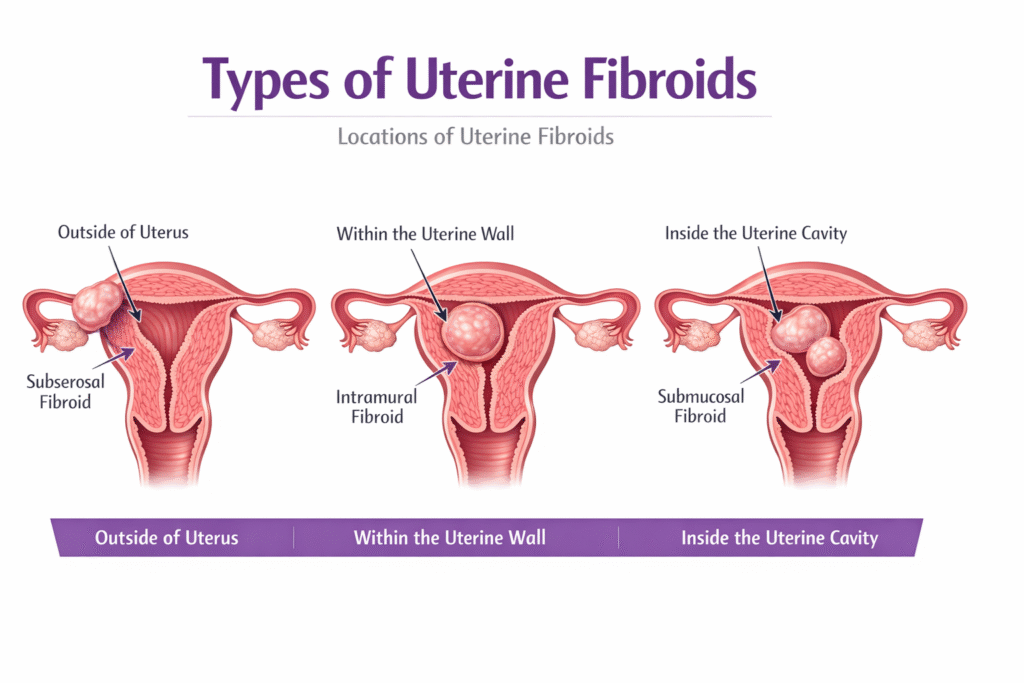
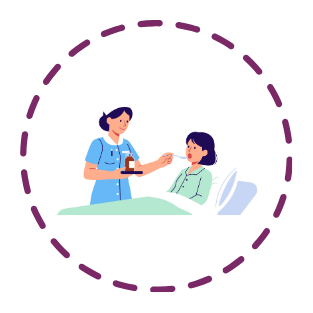
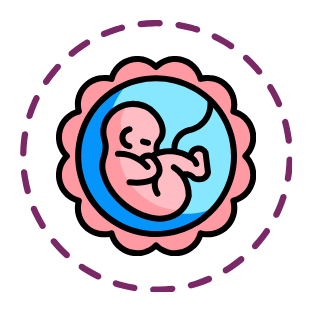

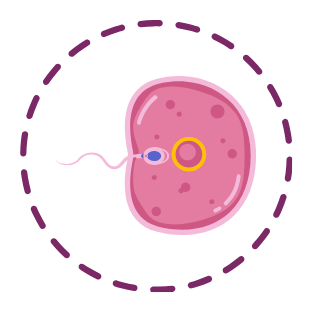
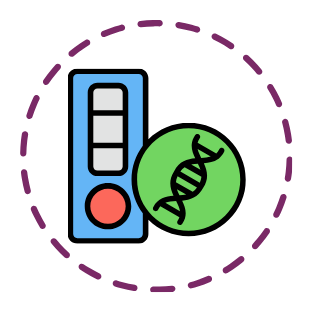



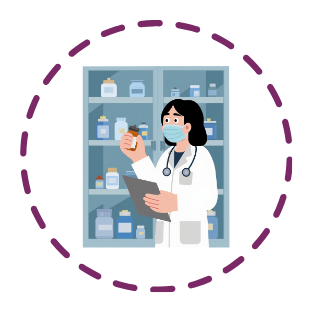




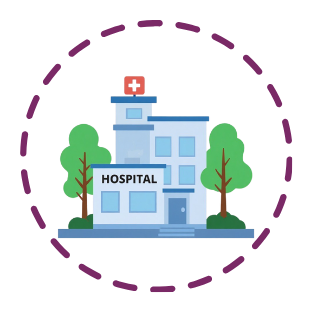
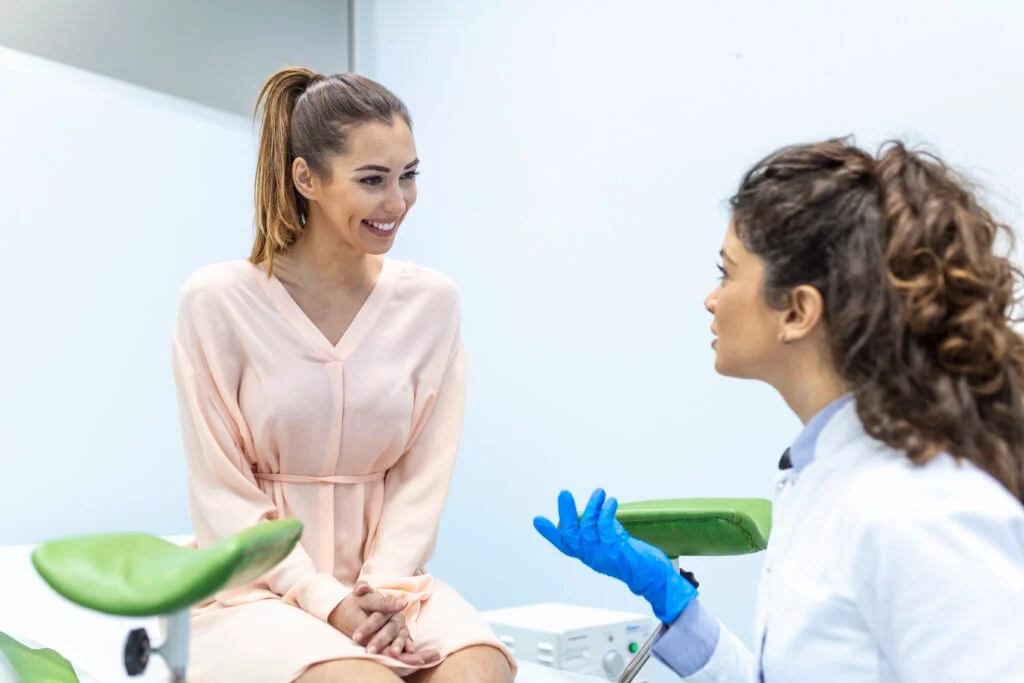

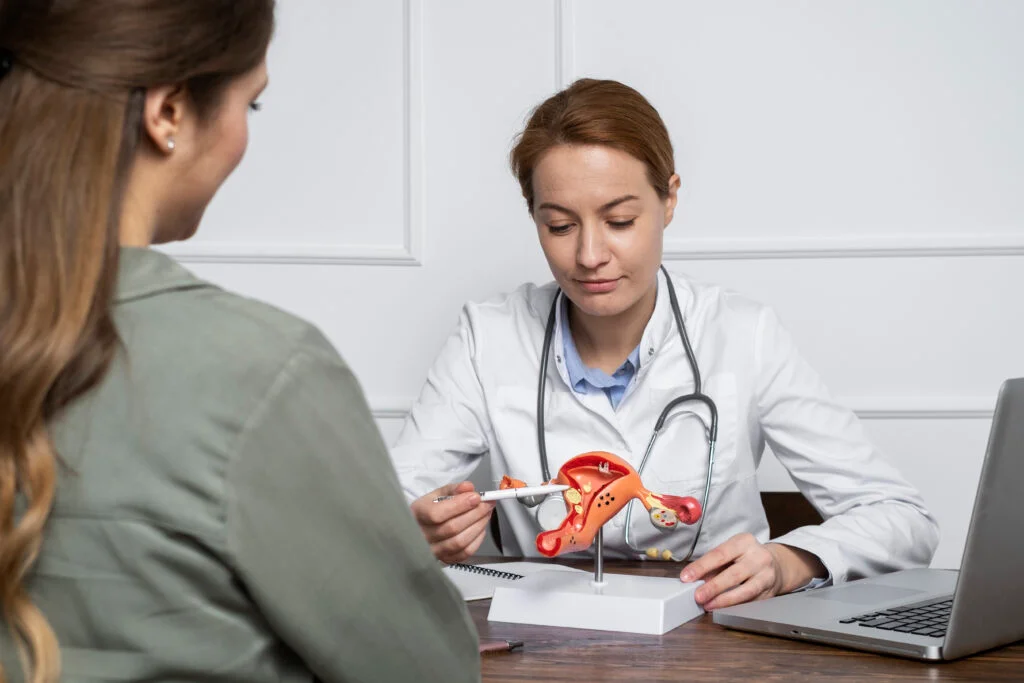
I underwent fibroid treatment at AMVI Hospital, and the care I received was excellent. The doctor explained all treatment options clearly and guided me toward the best decision. AMVI is truly one of the best hospitals in Hyderabad for fibroid care.
Shalini Rao